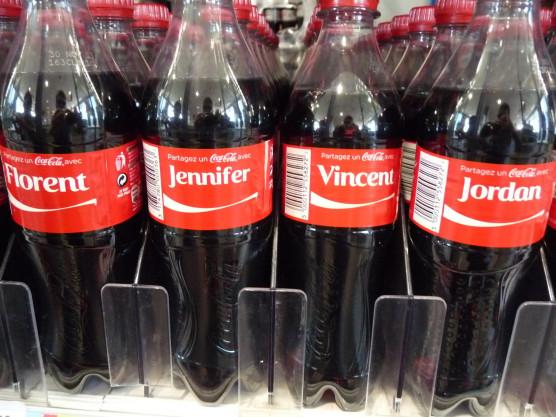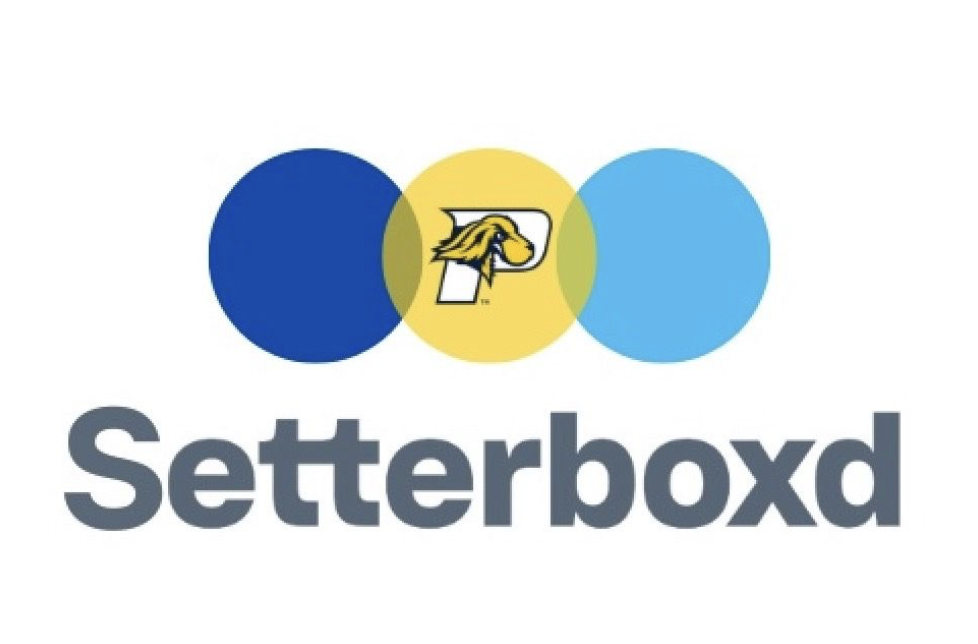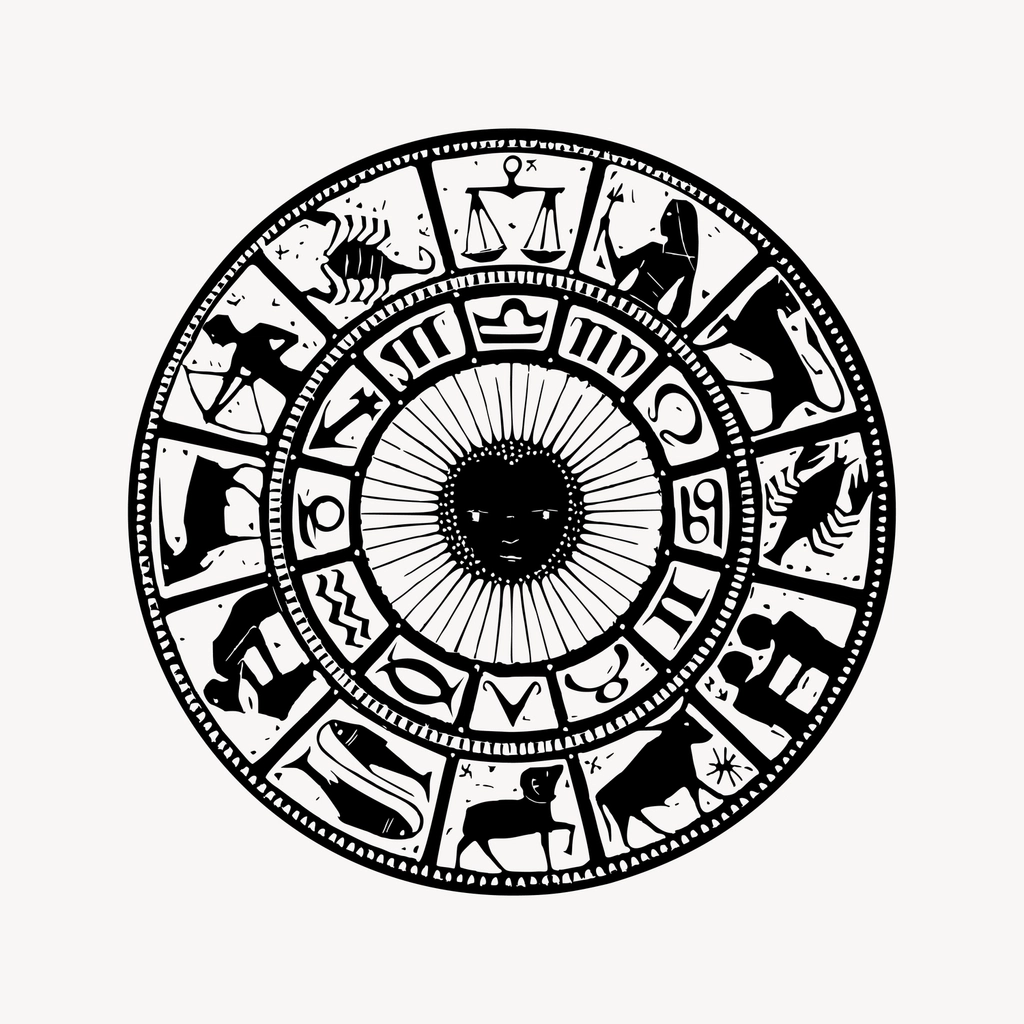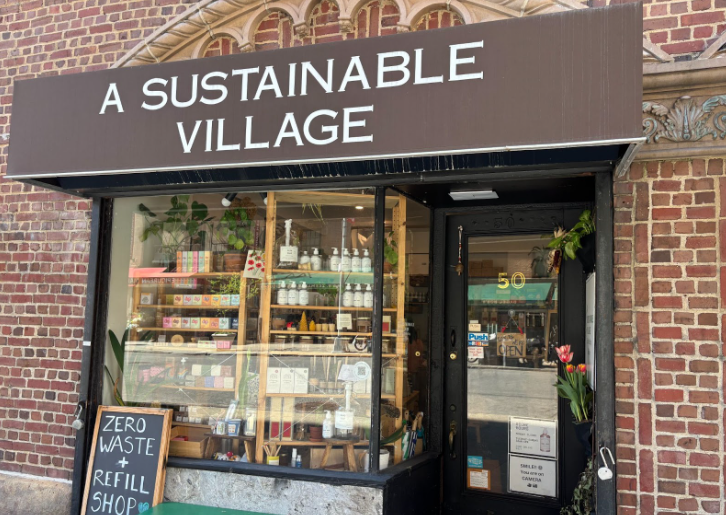It is no surprise that as media thrives in today’s society, digital content has become more interactive and immersive for the consumer experience. In the digital age, businesses are experimenting with innovative marketing tactics in order to garner customer attention. Whether companies opt to reach consumers with tailored coupons and newsletters, home delivery subscriptions, or products with consumer names printed on them, it’s evident that companies want customers to feel special when spending money on their products. University graduate student Shauneice Robinson believes this tactic to be a clever mode of business, “Personalized products have always been popular. It gives a person a way to have something that is uniquely theirs and theirs alone. This marketing tactic is a great way to get customers to feel like a part of the company which will make them support their products.”
An example of this strategy includes Coca Cola’s name branding bottles. In 2014, Coca Cola debuted their “Share a Coke”campaign where customers could enjoy their favorite coke beverage with their name written in the company’s famous font. Coca Cola designed an interactive website allowing customers to digitally design their own coke bottles, for a friend, for a family member, or just themselves. As we look to the future of e-commerce, marketing is evolving to better suit the consumer and ensuring that a desired product can only be found via that company. Julia St. Clair, Writer and Development Associate at the Department of Development and Alumni Relations, says, “It makes the normal act of buying a soda interesting and exciting.”
University graduate student Peter Goddard believes convenience is a major factor within the modern generation. “People are generally busy and do not want to spend valuable time travelling to stores or malls to purchase products, so they are turning more and more to the online environment. Amazon is a prime example of how personalized products have made their way to customers; the prices are generally cheaper than other stores and there is generally not a log waiting period to receive the products. Almost anything you want can be found at your fingertips on Amazon and delivered within a day or two.”
From the clothing industry to food and beverage, other departments such as the beauty industry have been taking the necessary steps to provide valuable experiences with customers as well. Cassy Eledu, Marketing Coordinator at Drunk Elephant, a skincare mecca brand, knows that sales is about the basis of relationships with consumers. “Long term love stories between the customer and the brand. An example would be simply inserting someone’s name on something—whether it be an item or a conversation, it creates a bond.It’s the process of brands becoming friends with the clients in the most authentic and refreshing way possible.”
University Marketing Principles and Practices Professor Tina McIntyre points out that personalization is not entirely a marketing tactic service, but rather a new business model, “Some will argue this is customer relations or brand management but I wouldn’t be surprised if a marketing person was involved! I don’t see these services as marketing tactics, rather new business models and revenue streams for companies. Meaning that I don’t feel a company would invest in personalization unless there was a direct way to make money these products.”
Whether it’s showcasing custom charms on the latest Coach bag, taming textured hair with Form Beauty’s personally formulated haircare products, or even taking Care/Of’s personalized supplements, consumers crave a personal touch no matter the product. In an age of advanced marketing, there is no telling where the phenomenon of personalized products will reach next.







